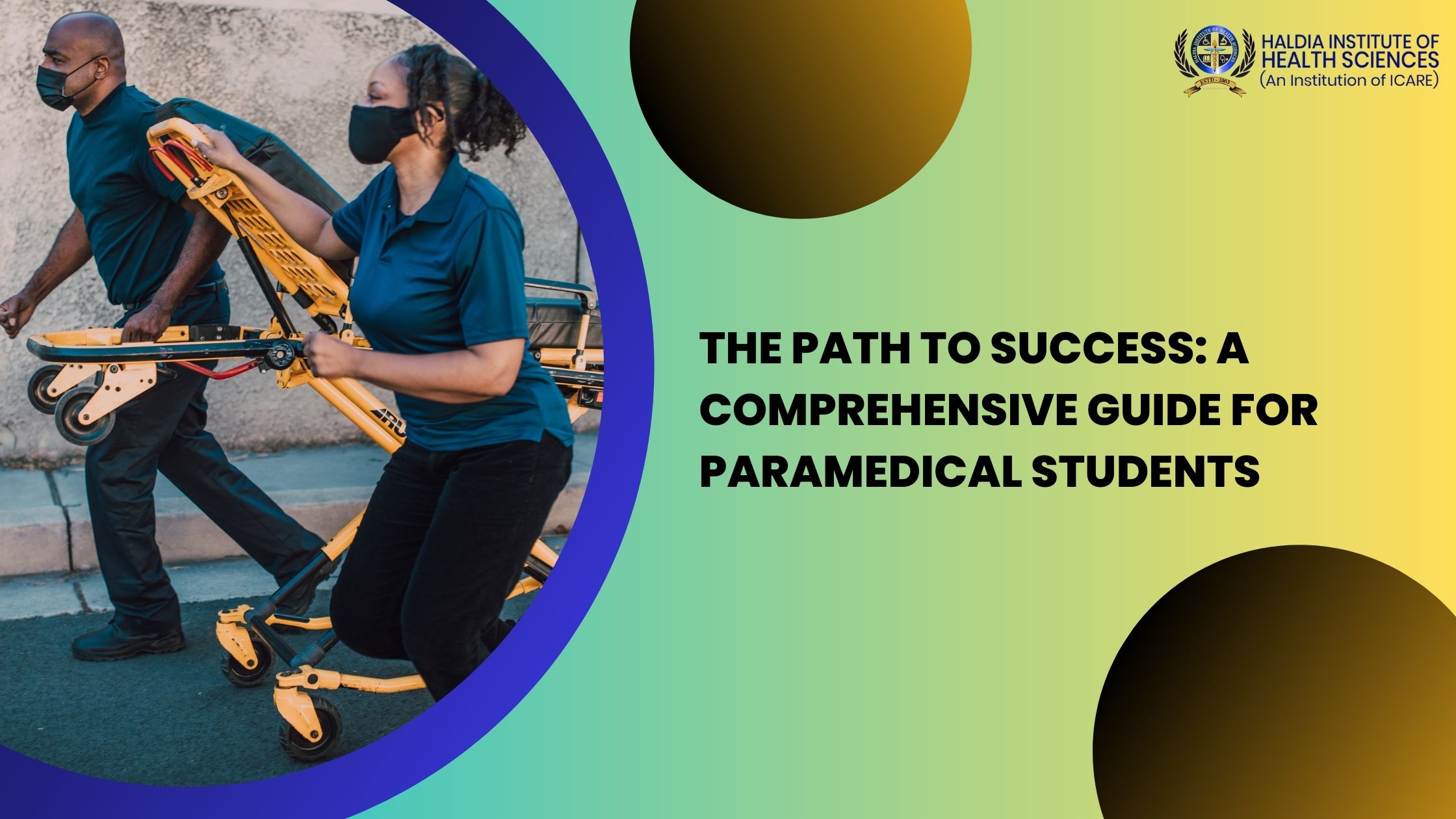Latest Notifications

Blog

The Path to Success: A Comprehensive Guide for Paramedical Students
Introduction:
Paramedical students play a crucial role in the healthcare industry, working alongside medical professionals to provide essential support and care to patients. As the demand for skilled paramedics continues to grow, it is essential for aspiring paramedical students to equip themselves with the right knowledge and skills to excel in this rewarding profession. In this SEO-friendly blog post, we will explore the various aspects of becoming a successful paramedic and offer valuable tips to help these students navigate their educational journey and career path effectively.
Understanding the Paramedical Field:
Begin the blog by explaining what paramedical studies encompass and the diverse career opportunities available in this field. Highlight the significance of paramedics in emergency medical situations and healthcare settings, making it clear why this profession is so vital.
Essential Qualities and Skills:
Discuss the key qualities and skills that aspiring paramedical students should possess or develop to excel in their studies and future careers. These may include compassion, adaptability, problem-solving abilities, and strong communication skills.
Choosing the Right Paramedical Course:
Explore the different types of paramedical courses available, such as Emergency Medical Technician (EMT), Paramedic, Medical Laboratory Technician, Radiologic Technologist, and more. Provide insights into the curriculum, duration, and career prospects associated with each course.
Preparing for Paramedical Entrance Exams:
Many paramedical programs require students to take entrance exams. Offer guidance on how to prepare effectively for these exams, including recommended study materials, practice tests, and time management strategies.
Selecting the Best Paramedical College:
Guide students on how to research and choose the most suitable paramedical college or institution for their studies. Factors to consider might include accreditation, faculty expertise, infrastructure, practical training opportunities, and job placement assistance.
Balancing Academics and Practical Experience:
Highlight the importance of striking a balance between classroom learning and gaining hands-on experience. Share tips on how students can actively participate in internships, volunteer programs, or part-time jobs to enhance their skills and build a strong foundation for their future careers.
Staying Updated with Advancements in the Field:
The healthcare industry is continuously evolving with technological advancements. Encourage paramedical students to stay up-to-date with the latest trends, research, and practices in their respective fields through reputable journals, conferences, and online resources.
Coping with Challenges and Stress:
Working in the healthcare sector can be emotionally and physically demanding. Offer advice on how paramedical students can cope with the challenges they may face, manage stress effectively, and prioritize their well-being.
Networking and Professional Development:
Emphasize the importance of networking within the industry. Advise students on joining relevant professional organizations, attending workshops, and building connections with experienced professionals to broaden their career opportunities.
Job Opportunities and Career Growth:
Provide an overview of the potential job opportunities available to paramedical graduates and the scope for career growth. Discuss how specialization and additional certifications can open doors to more advanced roles.

